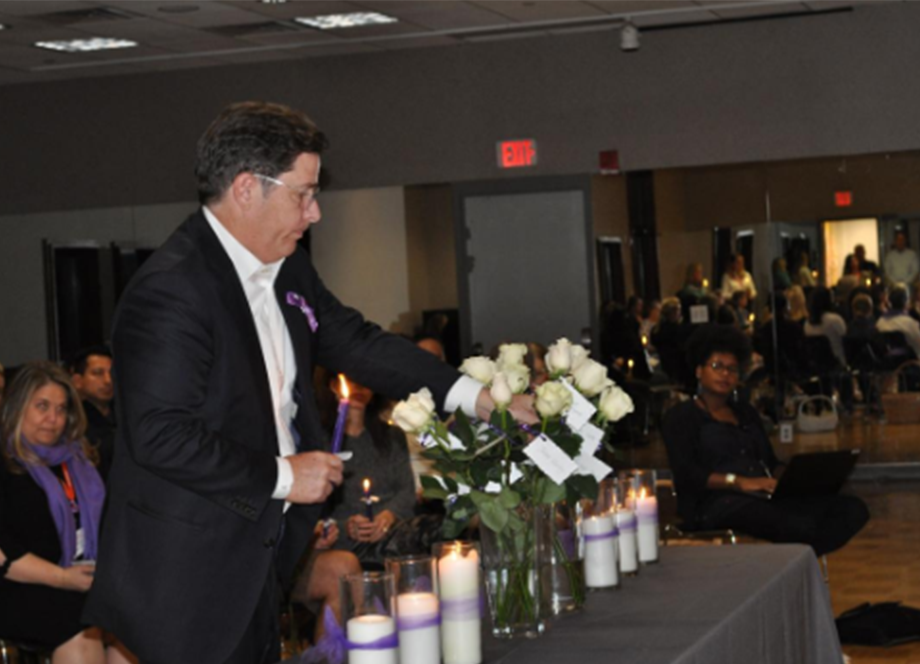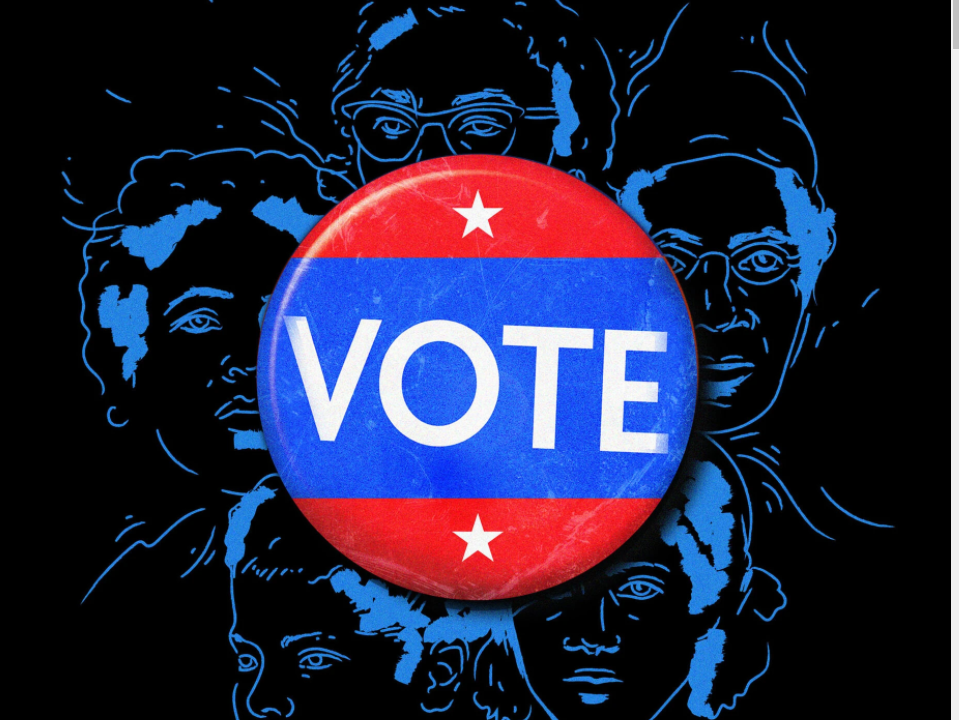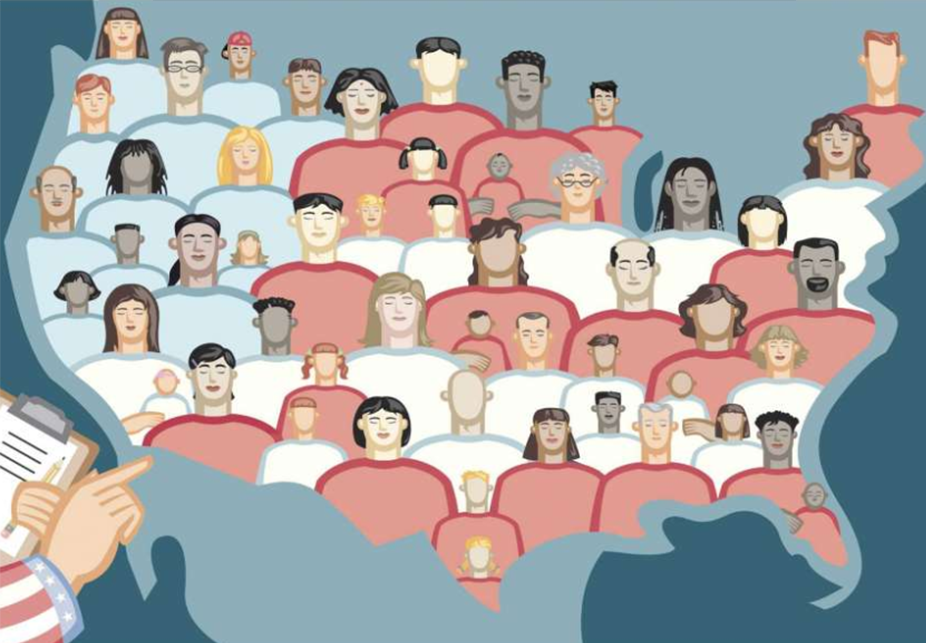
YWCA Greenwich Is Onto Something
October 16, 2019
Vigil at YWCA Greenwich puts spotlight on struggles of domestic abuse survivors, victims
October 16, 2019Legendary journalist Cokie Roberts died this week due to complications from breast cancer, NPR reports. She was 75 years old.
Roberts made a huge impact on America and will not be forgotten. The Emmy Award-winning broadcaster made her mark in journalism at a time when it was difficult for women to be taken seriously in the space. She was a pioneer who remembered the pioneering women who came before her.
As a historian and prolific writer who authored several bestselling works on the role of American women in U.S. history, including “Capital Dames,” “Founding Mothers” and “Ladies of Liberty“, Roberts was dedicated to reminding the public of the crucial role of American women in U.S. history.
Back in 2015, Roberts talked to Motherly co-founder Liz Tenety about what modern mothers should know about the amazing women who preceded them.
This is what she wanted us to know.
Excerpted from that interview with Roberts are five things to know about the history of American women:
1. History is inaccurate without the stories of women
Cokie Roberts: “I care about history. And I think that history is distorted and downright inaccurate if you only cover half of the human race. Telling the full story is very important. But also, it’s important for girls—and boys—growing up to see the contributions of women to the founding of the country and the maintenance of the Republic.”
2. America had “Founding Mothers,” too
Women like Martha Washington, Abigail Adams, Dolly Madison were the spouses of major political leaders, but also played very active roles politically. Abigail Adams, for example, famously exhorted her husband John Adams to “remember the ladies” when he was writing the founding documents of the United States. Martha Washington, wife of America’s first president, spent time during the Revolutionary War in the bitterly cold warfront encampments with American soldiers, rallying the troops. First Lady Dolly Madison saved precious artifacts from the White House while it burned during the War of 1812.
“These women were particularly sensitive,” to the idea of liberty, Roberts explains. “I think that part of it was that they wanted some liberty. Married women were the property of their husbands. They could own no property. The very jewelry and clothes on their bodies belonged to their husband. So I think there was some sense of that. But I also just think that they were caught up in the cause.”
Roberts, also adds several other names to the list of Founding Mothers: “Women like Mercy Otis Warren, a great propagandist. Esther Reed, who in the middle of the Revolutionary War when the French had not yet arrived, and soldiers were threatening desertion by regiment because they were not paid or fed or housed, she organized a fundraising drive for the troops. The women of Philadelphia, in the space of a couple of weeks raised $300,000.”




